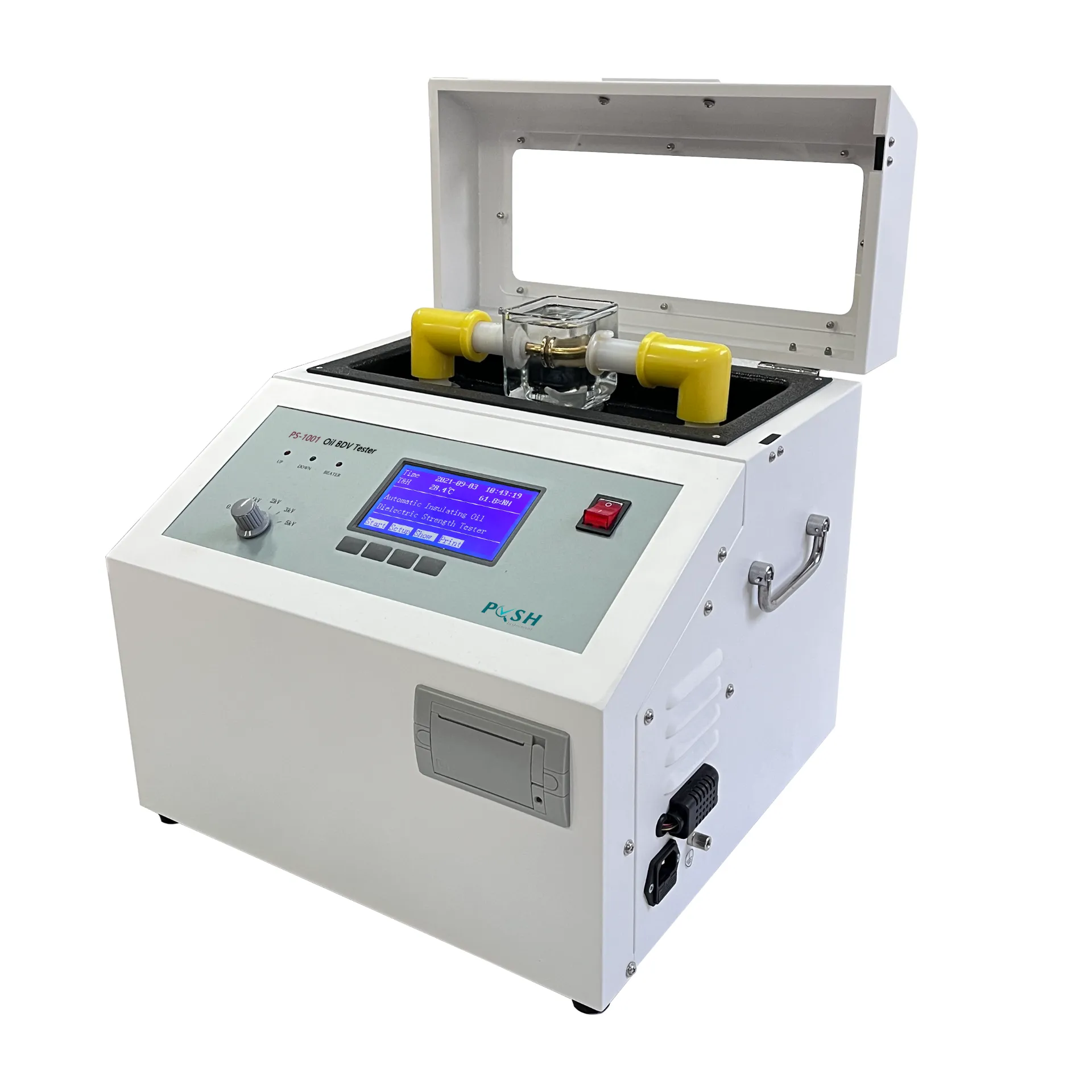 English
English



-
 Afrikaans
Afrikaans -
 Albanian
Albanian -
 Amharic
Amharic -
 Arabic
Arabic -
 Armenian
Armenian -
 Azerbaijani
Azerbaijani -
 Basque
Basque -
 Belarusian
Belarusian -
 Bengali
Bengali -
 Bosnian
Bosnian -
 Bulgarian
Bulgarian -
 Catalan
Catalan -
 Cebuano
Cebuano -
 China
China -
 China (Taiwan)
China (Taiwan) -
 Corsican
Corsican -
 Croatian
Croatian -
 Czech
Czech -
 Danish
Danish -
 Dutch
Dutch -
 English
English -
 Esperanto
Esperanto -
 Estonian
Estonian -
 Finnish
Finnish -
 French
French -
 Frisian
Frisian -
 Galician
Galician -
 Georgian
Georgian -
 German
German -
 Greek
Greek -
 Gujarati
Gujarati -
 Haitian Creole
Haitian Creole -
 hausa
hausa -
 hawaiian
hawaiian -
 Hebrew
Hebrew -
 Hindi
Hindi -
 Miao
Miao -
 Hungarian
Hungarian -
 Icelandic
Icelandic -
 igbo
igbo -
 Indonesian
Indonesian -
 irish
irish -
 Italian
Italian -
 Japanese
Japanese -
 Javanese
Javanese -
 Kannada
Kannada -
 kazakh
kazakh -
 Khmer
Khmer -
 Rwandese
Rwandese -
 Korean
Korean -
 Kurdish
Kurdish -
 Kyrgyz
Kyrgyz -
 Lao
Lao -
 Latin
Latin -
 Latvian
Latvian -
 Lithuanian
Lithuanian -
 Luxembourgish
Luxembourgish -
 Macedonian
Macedonian -
 Malgashi
Malgashi -
 Malay
Malay -
 Malayalam
Malayalam -
 Maltese
Maltese -
 Maori
Maori -
 Marathi
Marathi -
 Mongolian
Mongolian -
 Myanmar
Myanmar -
 Nepali
Nepali -
 Norwegian
Norwegian -
 Norwegian
Norwegian -
 Occitan
Occitan -
 Pashto
Pashto -
 Persian
Persian -
 Polish
Polish -
 Portuguese
Portuguese -
 Punjabi
Punjabi -
 Romanian
Romanian -
 Russian
Russian -
 Samoan
Samoan -
 Scottish Gaelic
Scottish Gaelic -
 Serbian
Serbian -
 Sesotho
Sesotho -
 Shona
Shona -
 Sindhi
Sindhi -
 Sinhala
Sinhala -
 Slovak
Slovak -
 Slovenian
Slovenian -
 Somali
Somali -
 Spanish
Spanish -
 Sundanese
Sundanese -
 Swahili
Swahili -
 Swedish
Swedish -
 Tagalog
Tagalog -
 Tajik
Tajik -
 Tamil
Tamil -
 Tatar
Tatar -
 Telugu
Telugu -
 Thai
Thai -
 Turkish
Turkish -
 Turkmen
Turkmen -
 Ukrainian
Ukrainian -
 Urdu
Urdu -
 Uighur
Uighur -
 Uzbek
Uzbek -
 Vietnamese
Vietnamese -
 Welsh
Welsh -
 Bantu
Bantu -
 Yiddish
Yiddish -
 Yoruba
Yoruba -
 Zulu
Zulu
surface tensiometer
The Importance and Functionality of Surface Tensiometers in Scientific Research
Surface tension is a crucial physical property of liquids, playing a significant role in a multitude of scientific and industrial processes. Understanding and measuring surface tension helps in various fields, including chemistry, biology, materials science, and engineering. One of the primary instruments used for this purpose is the surface tensiometer.
A surface tensiometer is an analytical device designed to measure the surface tension of liquids with precision
. This property, defined as the cohesive force between liquid molecules at the surface, leads to the formation of a 'film' that seeks to minimize surface area. The measurement of surface tension is vital in industries that involve liquids, such as coatings, detergents, and pharmaceuticals, where the efficiency of substances can be highly dependent on surface phenomena.One of the most common methods employed in surface tensiometers is the Wilhelmy plate method. This technique involves immersing a thin, vertically oriented plate into a liquid. The force exerted on the plate due to the liquid's surface tension is measured. The readings obtained can be converted into surface tension values, providing insightful data regarding the liquid's properties. This method is favored for its accuracy and reproducibility.
Another widely used technique is the Du Noüy ring method. In this approach, a thin platinum ring is dipped into the liquid. The force required to detach the ring from the liquid surface is measured, offering another means of calculating surface tension. This method is advantageous because it allows for rapid measurements, making it suitable for high-throughput applications in industrial settings.
surface tensiometer

Surface tensiometers not only provide quantitative data on liquid properties but also offer qualitative insights. For instance, monitoring changes in surface tension can indicate the presence of surfactants or contaminants in a solution. Surfactants, which reduce surface tension, are used in various products from soaps to industrial cleaners. Thus, analyzing surface tension can assist in quality control processes, ensuring that products meet specified standards.
In addition to industrial applications, surface tensiometers play a vital role in research and development. Scientists utilize these instruments in studying new materials, understanding biological processes, and examining environmental phenomena. For example, in the field of biology, surface tension is pivotal in understanding how certain organisms, like water striders, move on the surface of water. Moreover, the study of interfacial phenomena is critical in investigating the behavior of biological membranes and processes such as emulsification.
In the context of environmental science, surface tension measurements can aid in assessing pollutant dispersion in water bodies. Understanding how pollutants interact with water surfaces can help formulate strategies to mitigate their impact, promoting more effective environmental protection efforts.
Overall, the surface tensiometer is an indispensable tool in both industrial applications and academic research. By providing accurate measurements of surface tension, it enables scientists and engineers to better understand liquid properties, optimize formulations, and solve complex problems across various fields. As technology advances, surface tensiometers are becoming increasingly sophisticated, allowing for more versatile applications and contributing further to advancements in science and industry. Emphasizing the significance of surface tension measurement can lead to improvements in product design, environmental management, and fundamental research, illuminating the vital role this property plays in the physical world.
-
Testing Equipment Industry Sees Major Advancements in 2025: Smart & Precision Technologies Lead the WayNewsJun.06,2025
-
Applications of Direct Current Generators in Renewable Energy SystemsNewsJun.05,2025
-
Hipot Tester Calibration and Accuracy GuidelinesNewsJun.05,2025
-
Digital Circuit Breaker Analyzer Features and BenefitsNewsJun.05,2025
-
Benefits of Real-Time Power Quality Monitoring Devices for Industrial EfficiencyNewsJun.05,2025
-
Earth Fault Loop Testing in High-Rise Building Electrical SystemsNewsJun.05,2025



